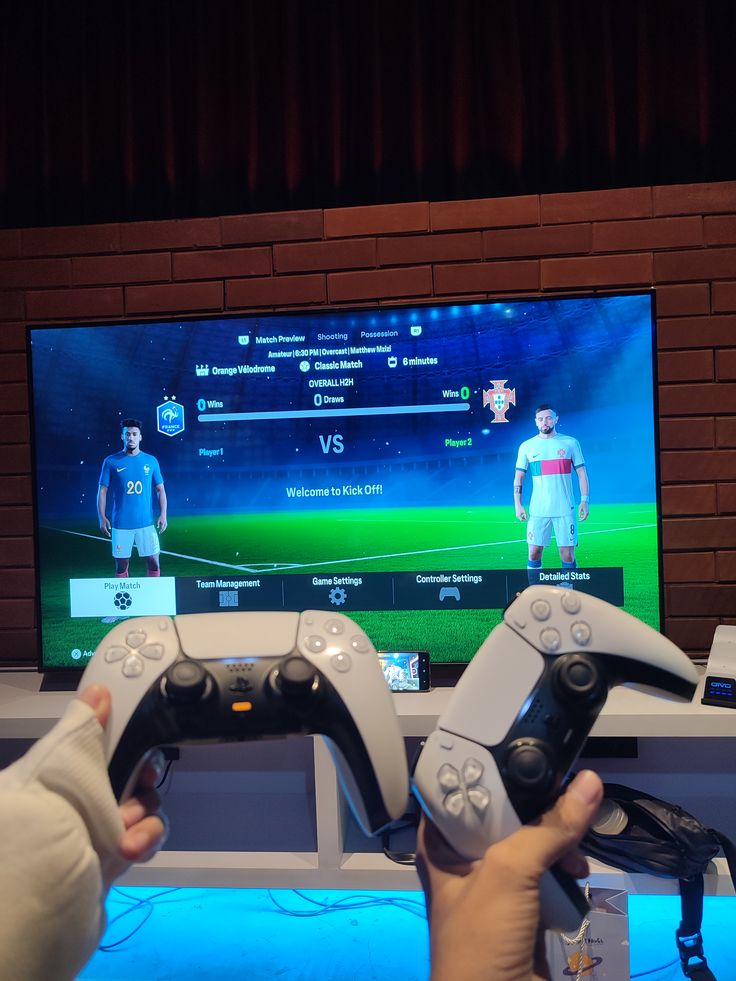Once relegated to the niche realm of children’s toys or teenage obsessions, video games have exploded into a dominant cultural force, profoundly influencing everything from entertainment and technology to social interaction, art, and even global economics. Far from being a mere pastime, pragmatic11 login gaming has woven itself into the very fabric of modern society, shaping how we learn, interact, and define entertainment.
1. A New Form of Entertainment and Storytelling
Video games have matured into a sophisticated medium for narrative and artistic expression, offering experiences unlike any other.
- Interactive Storytelling: Unlike passive mediums like film or literature, games engage players directly in the narrative. Choices made by players can influence outcomes, creating a deeper personal connection to the story and characters (e.g., The Last of Us, Mass Effect).
- Artistic Expression: Games are increasingly recognized as legitimate art forms, showcasing stunning visual design, intricate musical scores, and profound thematic exploration (e.g., Journey, Red Dead Redemption 2). Game soundtracks are performed by live orchestras, and concept art is displayed in galleries.
- Escapism and Immersion: Games provide unparalleled opportunities for escapism, transporting players to vast fantasy worlds, futuristic landscapes, or historical epochs, offering a unique blend of challenge and relaxation.
2. Shaping Social Interaction and Community
Gaming has redefined how people connect and build communities, especially in the digital age.
- Global Communities: Online multiplayer games (e.g., Fortnite, League of Legends, World of Warcraft) connect millions of players across continents, fostering teamwork, communication, and lasting friendships. These digital spaces have become virtual social hubs, particularly for younger generations.
- Esports as a Spectator Sport: Competitive gaming, or esports, has exploded into a global phenomenon with professional leagues, celebrity players, and massive tournaments drawing millions of online viewers and selling out real-world arenas. It has created a new category of spectator entertainment, complete with dedicated broadcasting channels and lucrative sponsorships.
- Shared Experiences: Even single-player games can become social through streaming platforms like Twitch and YouTube, where players share their experiences, react to content, and interact with live audiences, building a sense of shared community around content creators.
3. Driving Technological Innovation
The demands of the gaming industry have consistently pushed the boundaries of computing and graphics technology.
- Hardware Advancements: The constant pursuit of more realistic graphics and immersive experiences has spurred innovation in processors, graphics cards, display technology (e.g., 4K, high refresh rates), and networking infrastructure.
- Virtual and Augmented Reality (VR/AR): Gaming is a primary driver behind the development and adoption of VR and AR technologies, pioneering new forms of immersive interaction that extend beyond entertainment into fields like training, education, and healthcare.
- AI Development: Artificial intelligence in games, used to create dynamic Non-Player Characters (NPCs) and procedural world generation, has fed back into broader AI research and applications.
4. Economic Powerhouse and Career Paths
The video game industry is a financial giant, generating more revenue globally than the film and music industries combined.
- Massive Revenue: From game sales and in-app purchases to merchandise and esports sponsorships, the industry drives billions, creating a significant economic force.
- Diverse Career Opportunities: Beyond game developers and designers, the industry supports a vast array of professions, including artists, writers, musicians, voice actors, marketers, community managers, professional players, streamers, and esports analysts.
- Influence on Other Media: Successful game franchises frequently inspire movies, TV shows, books, and comics, demonstrating their cultural impact and crossover appeal.
5. Impact on Education and Skill Development
While often seen as leisure, gaming can also impart valuable skills.
- Cognitive Skills: Games can enhance problem-solving abilities, critical thinking, strategic planning, quick decision-making, and hand-eye coordination.
- Teamwork and Communication: Multiplayer games necessitate effective communication and collaboration, fostering crucial interpersonal skills.
- Learning Tools: “Gamification” is increasingly used in educational settings to make learning more engaging and effective, applying game design principles to non-game contexts.
The journey of video games from simple pixels to complex virtual worlds reflects a profound integration into modern life. They are no longer just entertainment; they are a powerful medium for culture, connection, and innovation that continues to evolve, shaping the future of digital interaction.


